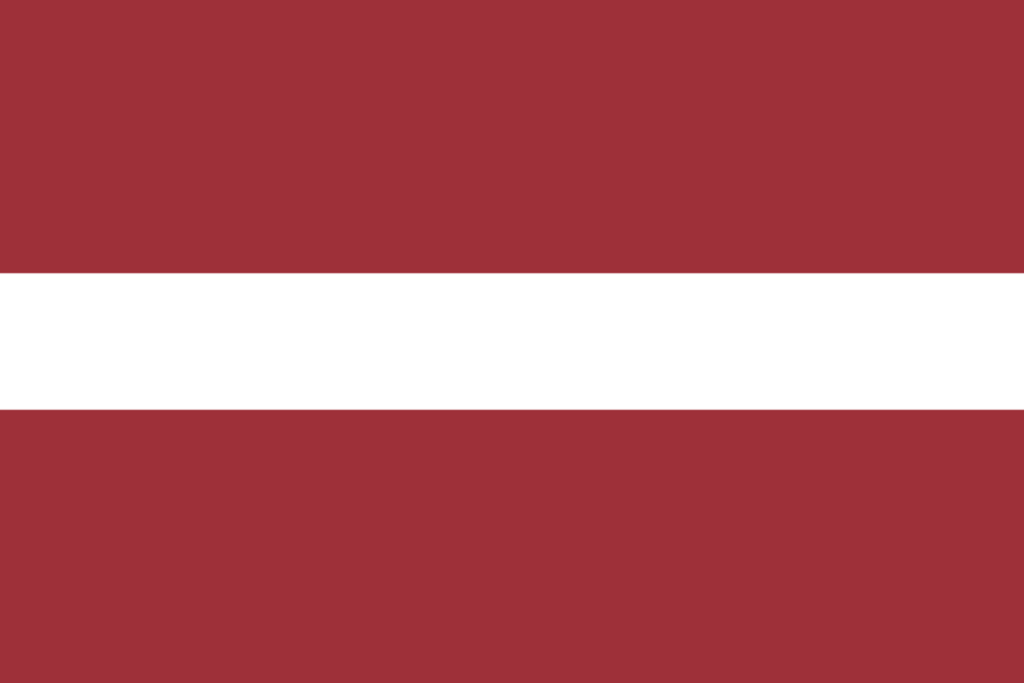2021-2027 European Union (EU) investments in Latvia
Official website of European Union funds: The official website of European Union funds
The European Commission (EC) has approved the Partnership Agreement of the European Union (EU) Investment Fund 2021-2027 developed by the Ministry of Finance of the Republic of Latvia. for the annual planning period. The partnership agreement outlines Latvia’s strategy, priorities and procedures regarding the effective and efficient use of EU funds in the new planning period, ensuring the coordination of all investments and their mutual synergy. The partnership agreement has opened the possibility for the development of Latvia’s economy to receive the next large-scale cohesion policy funding in the amount of more than 5.4 billion euros (including national funding) over the next seven years. Source of information: here
2021-2027 European Union (EU) investments in Latvia will be directed to six main goals set at the European level:
- Smarter Europe – innovative and smart economic changes – development of research and skills, support for entrepreneurship, digitization and digital connections;
- A greener Europe – climate neutrality, adaptation to climate change and environmental protection;
- A closer connected Europe – safe, sustainable and accessible transport development;
- A social and inclusive Europe – equal opportunities and access to education, healthcare and the labor market, fair working conditions, social protection and inclusion;
- Europe is closer to citizens – sustainable and balanced regional development;
- Transition to climate neutrality – investments to mitigate social and environmental consequences in the most affected regions.
According to the Ministry of Finance, investments will focus on the first and second goals. These priorities will be allocated 65-85% of ERDF and Cohesion Fund resources, depending on the relative prosperity of the Member States. Source of information: Central Finance and Contracts Agency
ERDF and ESF for social inclusion and social services
Support from EU funds for solving social challenges, including the development of social services, is included in the 2021-2027 cohesion policy program of the European Union for the year: European Union Cohesion Policy Program 2021-2027 for the year
The planned support of the Ministry of Welfare of the Republic of Latvia for solving social challenges in the field of welfare in the planning period of 2021 – 2027
MAIN CHALLENGES IN THE SOCIAL FIELD FOR THE 2021-2027 PLANNING PERIOD:
- Population aging and migration, which creates a shortage of qualified labor, pressure on the financial sustainability and adequacy of the social protection system;
- Changes in the labor market, including the impact of technological changes and digitization – increase in non-standard jobs, challenges of quality jobs (adequate pay, safe, healthy work environment, linked contractual relations, balance between work and family life, social protection, access to training);
- Regional differences in employment opportunities and unemployment and coverage of active employment measures for the unemployed;
- Income inequality, material insecurity and high risk of poverty (especially for elderly people, people with disabilities, unemployed people, people living in households with low work intensity);
- Inadequate availability of social services (including regional ones) and poor compliance with people’s individual needs;
- Housing infrastructure for various target groups, including children from out-of-home care, persons with disabilities, etc. population groups.
TO OVERCOME THE MENTIONED CHALLENGES, promote employment, develop social services and ensure their availability, as well as promote the social inclusion of the population at risk of exclusion, planned for the 2021 – 2027 planning period in the welfare sectorFunding of European Union funds a total of 351 million in the amount of EUR (European Social Fund+ (ESF) financing 325 million EUR and European Regional Development Fund (ERDF) financing 26 million EUR), providing support to:
- To reduce unemployment (increasing the qualifications and skills of the unemployed, jobseekers and persons at risk of unemployment in accordance with the demand of the labor market, promoting the integration of the unemployed and economically inactive population in a disadvantaged situation into the labor market, preserving the working capacity of the elderly and those at risk of losing working capacity and prolonging employment, support for social entrepreneurship, ensuring the operation of the EURES network, strengthening the capacity of the NVA and modernizing services for more targeted support for the unemployed, jobseekers and persons at risk of unemployment);
- For quality workplaces (promoting the practical implementation of labor protection and labor law regulatory acts, reducing unregistered employment and improving labor protection and labor law monitoring and control, support for a longer and better working life);
- To promote equal opportunities and non-discrimination (support measures for employers in matters of inclusive work environment and discrimination prevention, for realization of equal opportunities and rights for groups of society exposed to the risk of discrimination in various areas of life);
- For the prevention and mitigation of disability, a full life for persons with disabilities or functional limitations, including the development of community-based services and other support services (development and provision of community-based services (deinstitutionalization), increasing the efficiency and accessibility of social services, improvement of palliative care services, development of innovations in the provision of community-based social services, support of a team of professionals for unmotivated people with mental disorders, a team of specialists supporting parents immediately after a severe diagnosis or after determining a child’s disability, support for creating an accessible living environment);
- To reduce inequality of opportunities, support for families, especially family members who find themselves in certain life situations, development of out-of-family care opportunities (development of out-of-family care services based in a family environment, development and implementation of support tools for strengthening family functionality, preventive, diagnostic and social rehabilitation support measures for families with children in a crisis situation, measures for harmonizing family and work life, support for specialists whose professional activities are related to the protection of children’s rights provision);
- Support for residents in solving social situations – development of social work in municipalities (supervision of social work specialists, recruitment of mentors for new employees of social services, support in providing professional higher education and further education in the field of social work).
With the support of ESF funds, it is planned to promote the development of modern and professional social work in Latvia. The informative report reflects the supported activities and the eligible ESF fund financing: Information report
TO PROMOTE ACCESS TO SOCIAL AND EMPLOYMENT SERVICESRecovery and Resilience Mechanism for 2021-2026within the framework of the planned reform “Availability of social and employment services in support of the minimum income reform” with the aim of providing citizens who have limited resources and at the same time who are at high risk of social exclusion, access to essential social and employment services. Investments supporting the planned reforms are included In the recovery and resilience mechanism plan for 2021-2026:
- For the participation of the unemployed, jobseekers and people at risk of unemployment in the labor market (targeted, sequential and mutually complementary support measures to promote inclusion in the labor market in more productive and better quality workplaces, with a special emphasis on retraining and skills improvement measures);
- To promote access to public services and employment (measures for ensuring environmental accessibility of state and municipal buildings, support measures for ensuring environmental accessibility of housing for people with disabilities);
- To ensure the sustainability and continuity of the long-term social care service (for the adaptation of long-term care institutions to the situation of epidemiological threat, the creation of new municipal care institutions for the elderly closer to the family environment and the transformation of the existing ones into multifunctional social service providers);
- For the establishment of a social integration competence development center for the promotion of the safety capacity of people with functional impairments (accessibility of the environment, development of infrastructure to ensure service quality, improvement of technology and material-technical base, implementing educational programs, support for specialists working with persons with functional impairments);
- For the development of a forecasting tool for long-term forecasts of the social insurance system (development of a new, high-quality forecasting tool that will allow long-term forecasts of the social insurance system to the required level of detail);
- Support for improvement of information systems (Modernization of the information systems of the core activities of the State Social Insurance Agency, creation of a sharing platform for State data analytics and statistics).
In the planning period of 2021 – 2027 European Social Fund programs for reducing material deprivation within the framework, it is also planned to continue providing food and/or basic material aid to the most needy persons.
Co-funded by the European Union. Views and opinions expressed are however those of the author(s) only and do not necessarily reflect those of the European Union. Neither the European Union nor the granting authority can be held responsible for them.




